trending
neon
Cirque du Soleil offers summer ticket deals
dining out
Celebs ditch the Strip for iconic Henderson restaurant
july 
trending
neon
Cirque du Soleil offers summer ticket deals
dining out
Celebs ditch the Strip for iconic Henderson restaurant
july 
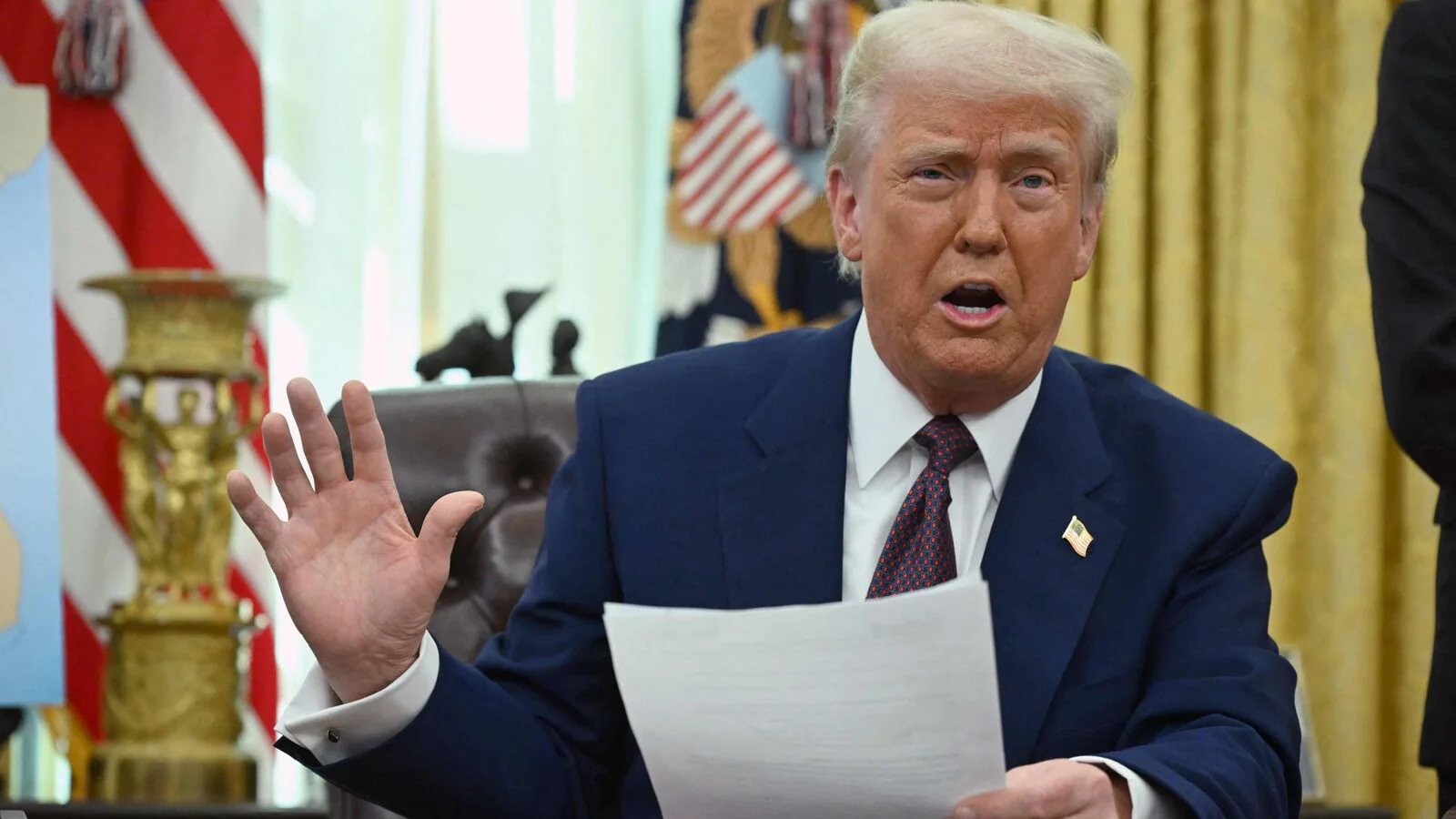
Donald Trump’s proposed $5 million "Gold Card" visa seeks to fast-track residency for wealthy investors, aiming to boost the U.S. economy through capital inflows




Former President Donald Trump has proposed a new immigration policy known as the $5 million "Gold Card" visa, designed to attract high-net-worth individuals willing to invest in the United States. This initiative offers fast-tracked residency in exchange for a significant financial contribution, with the goal of stimulating economic growth.
While the policy is seen as a potential game-changer for the U.S. investment landscape, it has also sparked controversy over the fairness of wealth-based immigration policies. Here’s a closer look at how the "Gold Card" visa would work, its potential impact, and the challenges it may face.
The "Gold Card" visa would be available to foreign investors who meet the following criteria:
The EB-5 Immigrant Investor Program has long been the primary pathway for foreign investors seeking U.S. green cards. However, it requires a $800,000 minimum investment in targeted employment areas (TEAs) and proof that the investment creates at least 10 U.S. jobs.
Trump’s "Gold Card" visa offers a higher investment threshold but removes bureaucratic hurdles related to job creation. Key differences include:
Feature EB-5 Visa "Gold Card" Visa Minimum Investment $800,000 $5 million Job Creation Requirement Yes No Processing Time Lengthy Expedited Sector-Specific Investment No restrictions Limited to key industriesIf implemented, the "Gold Card" visa could generate billions in foreign direct investment, with several potential benefits:
While supporters argue that the program will bring economic benefits, critics have raised several concerns:
For the "Gold Card" visa to become law, it must pass through Congress, where immigration policies remain a highly divisive issue.
Trump’s proposed $5 million "Gold Card" visa is an ambitious attempt to reshape U.S. immigration policy by prioritizing wealthy investors. While it has the potential to boost economic growth, its success will depend on political support, implementation strategies, and public reception.
As discussions continue, the future of this program remains uncertain, but one thing is clear—wealth-based immigration policies will remain a hot topic in U.S. politics.
Donald Trump’s proposed $5 million "Gold Card" visa seeks to fast-track residency for wealthy investors, aiming to boost the U.S. economy through capital inflows
the latest

CFIUS Tightens Rules on Foreign Investments in the U.S
The Committee on Foreign Investment in the United States (CFIUS) has introduced stricter regulations targeting investments from specific countries, citing national security concerns
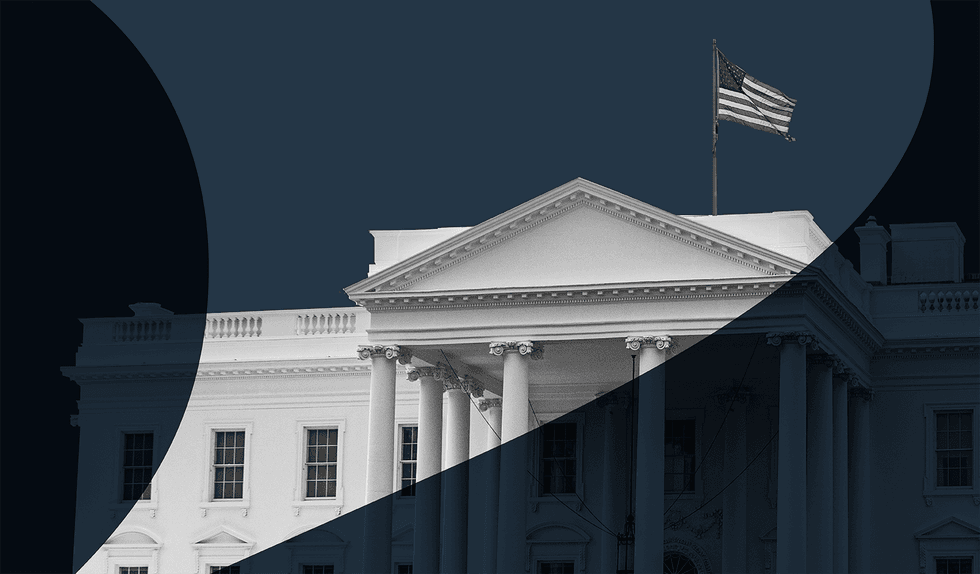
White House Releases 'America First Investment Policy' Memo
The White House has unveiled its latest initiative, the 'America First Investment Policy' memo, outlining strategies to attract foreign capital while prioritizing domestic industries. The policy aims to enhance job creation, boost American businesses, and redefine trade relations to favor U.S. economic interests
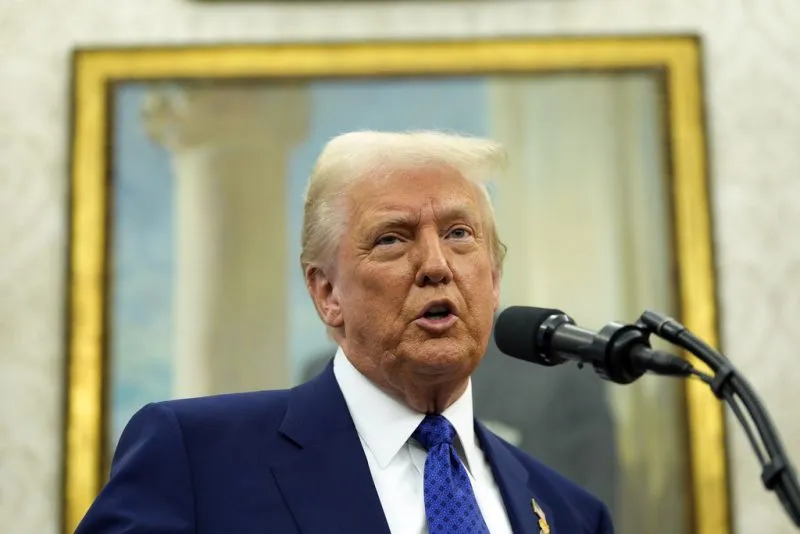
Trump's Tariffs Unleash Investor Uncertainty: Next Steps
Former President Donald Trump's latest round of tariffs has sent shockwaves through global markets, leaving investors grappling with increased uncertainty. With businesses facing higher costs and trade tensions escalating, analysts weigh in on the long-term implications for industries, financial markets, and economic stability
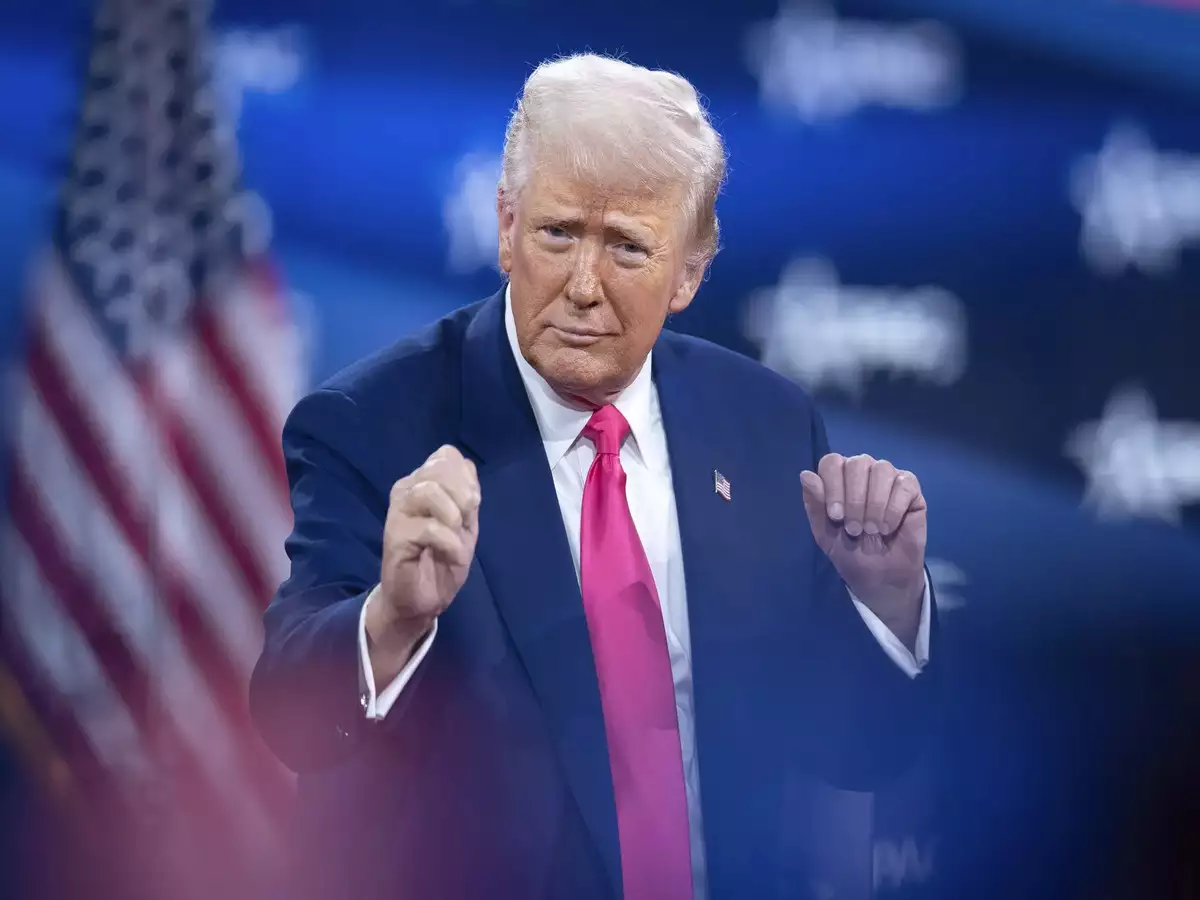
Trump's Red Carpet Plan for Wealthy Foreign Investors
Former President Donald Trump is pushing a new visa policy that offers wealthy foreign investors a fast-tracked path to U.S. residency. The plan, dubbed the "Gold Card" visa, requires a $5 million investment in key industries but faces criticism for favoring the ultra-rich

How Trump’s $5M ‘Gold Card’ for Rich Migrants Works
Donald Trump’s proposed $5 million "Gold Card" visa seeks to fast-track residency for wealthy investors, aiming to boost the U.S. economy through capital inflows
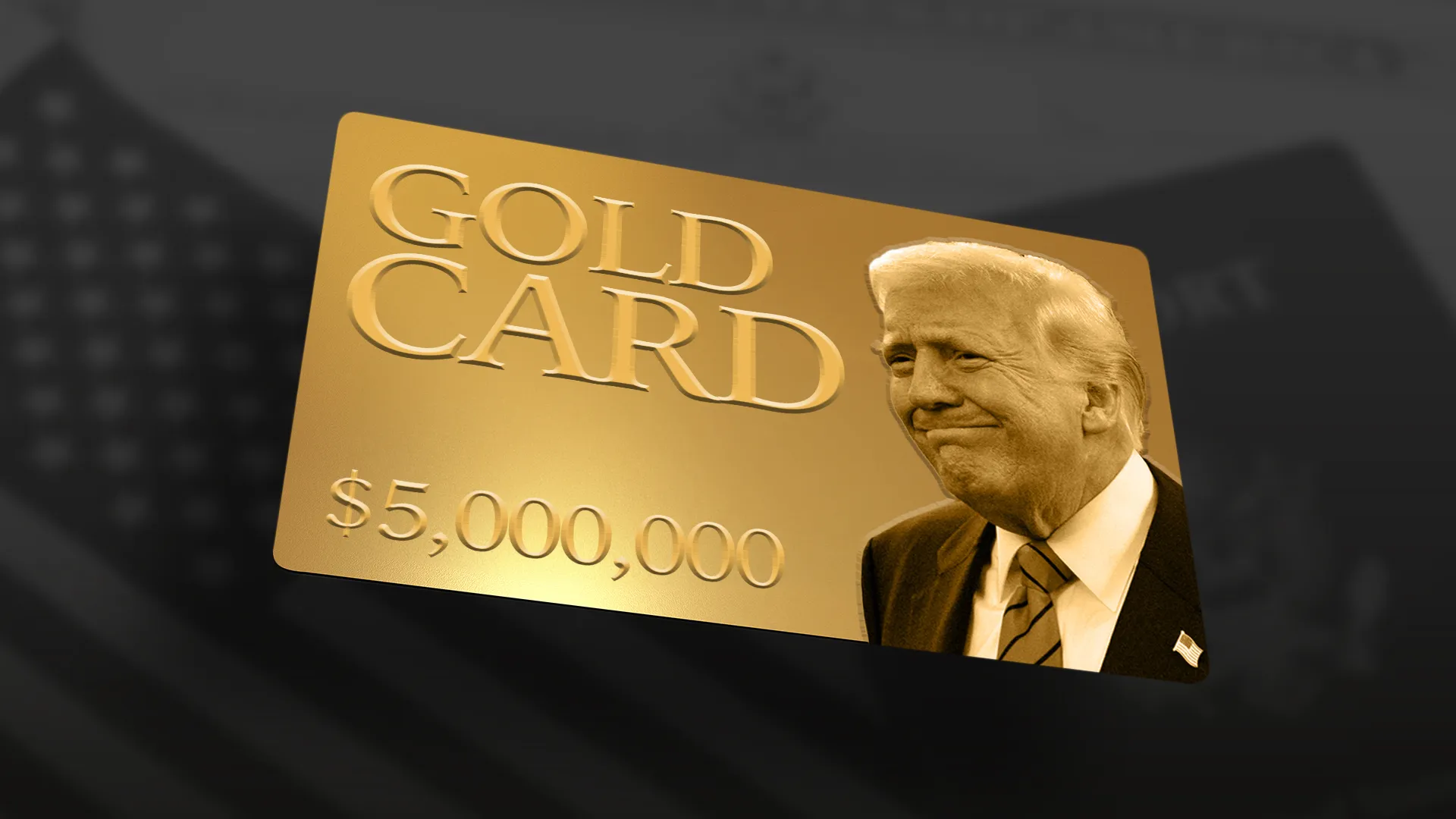
Details Emerge on Trump’s $5M ‘Gold Card’ Visa Plan
Donald Trump’s proposed $5 million "Gold Card" visa seeks to attract high-net-worth individuals to the U.S., promising economic growth and investment opportunities
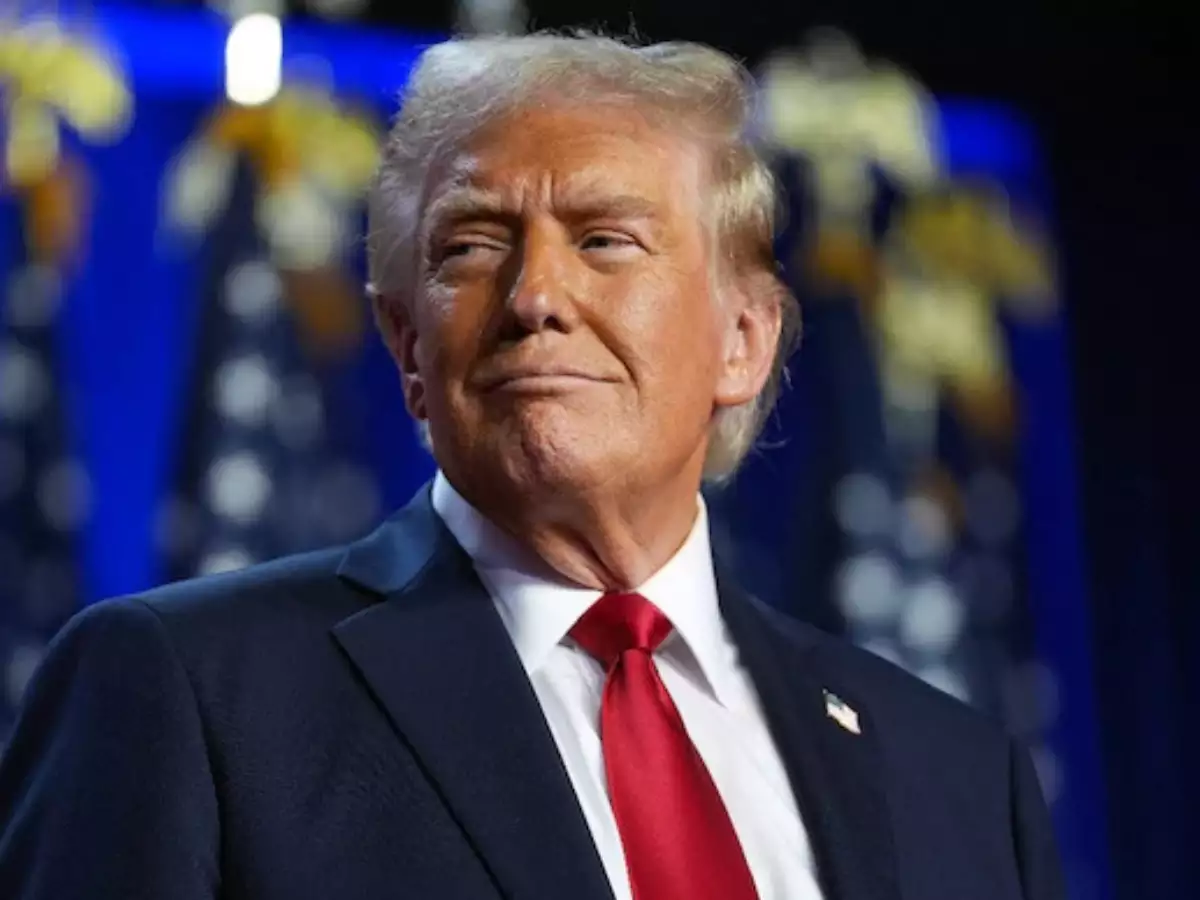
Investing Amid Volatility in Trump’s Second Term
As Donald Trump begins his second term, market volatility remains high. Investors are looking for strategies to navigate economic uncertainties and capitalize on policy shifts

Why U.S. Stocks Are Still a Smart Investment
U.S. equities continue to outperform, driven by strong earnings, economic resilience, and innovation. Investors remain bullish on long-term market growth

Stock Market Trends: The Impact of U.S. Investment Regulations
U.S. investment regulations play a crucial role in shaping stock market trends. This article explores the impact of regulatory changes on investor behavior, market volatility, and long-term market outlook